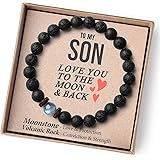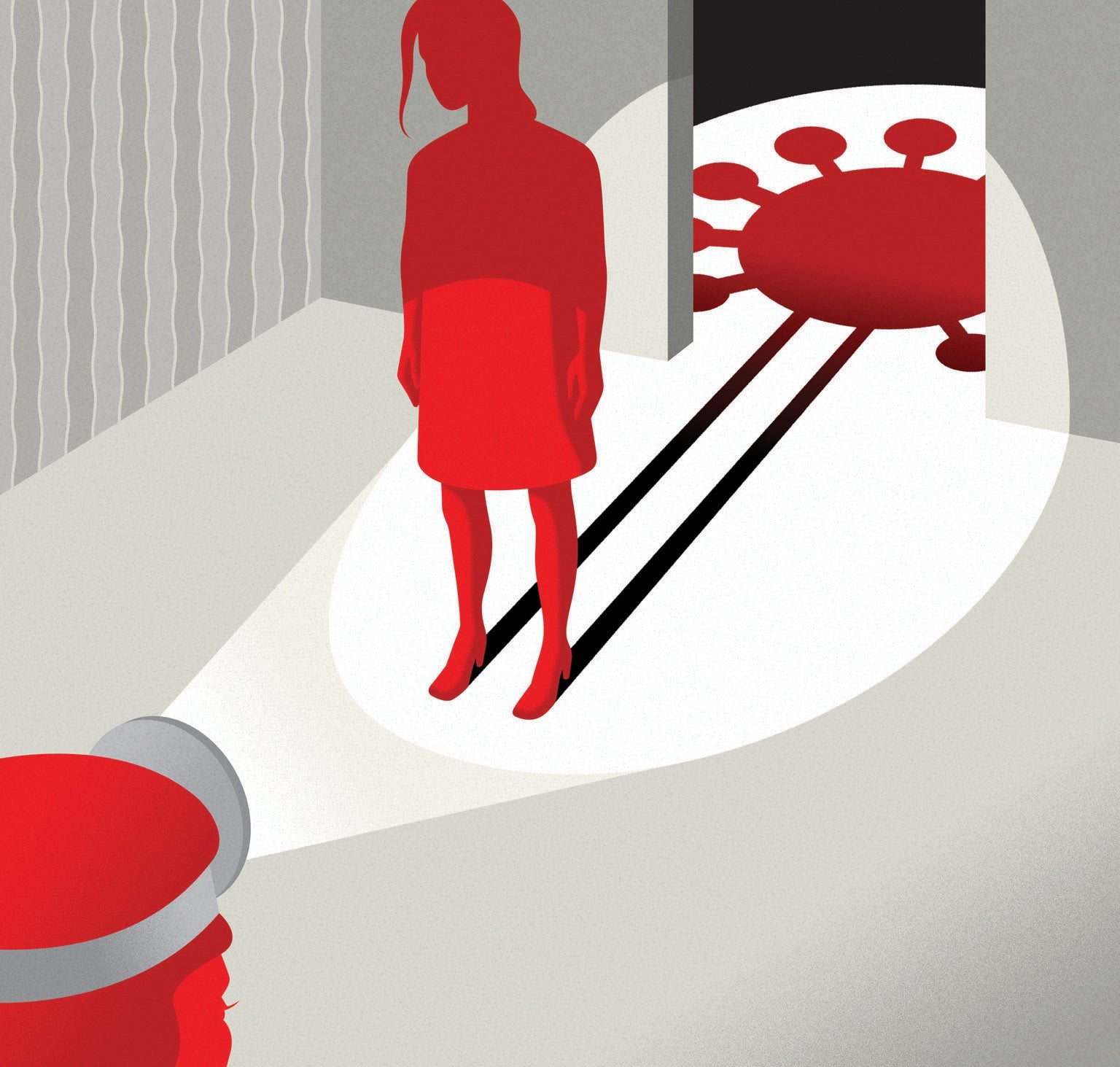Published September 8, 2023
8 min read
Stress is a normal part of life that, oddly enough, helps us avoid danger and perform tasks to the best of our abilities.
But there’s a difference between the acute stress you feel before presenting a project at work and the more prolonged, chronic stress you feel while in a toxic relationship—both of which can affect your health and well-being in the short and long term.
For some people, that might mean sweaty palms and a rapid heart beat; for others, it could be stomach pain or depression. Although reactions to stress are unique for each person, knowing how the different types look and feel on you, mental health experts say, can help you better overcome it when it strikes.
“All of us experience acute stress when our resources can’t keep up with the demands of our life,” says Lynn Bufka, psychologist and associate chief of practice transformation with the American Psychological Association (APA). “But when your body is constantly activated to respond to stressors over and over again, it becomes more problematic for long-term health.”
What is acute stress?
Acute stress is generally any short-lived event “that might feel hard to manage in the moment, but will resolve one way or another,” like undone chores or a crying toddler, Bufka says.
There are two types of acute stress, according to the American Institute of Stress. One is “distress,” or negative experiences like arguing with your partner or getting cut off in traffic. The other is called “eustress,” which is the type with more positive connotations, such as planning a wedding or being promoted at work.
(These foods can help you fight off everyday stress.)
Any acute stressor, however, will trigger the same physical responses in your body, Bufka said, because your brain can’t tell the difference between fear (evacuating before a hurricane strikes) and excitement (riding a rollercoaster).
In either situation, your breathing might become faster, your muscles may tense up, and your heart rate may increase as a rush of the hormones cortisol and adrenaline flood your bloodstream.
This sympathetic nervous system response, better known as “fight or flight,” enhances your ability to problem-solve in the moment by boosting energy and alertness, Bufka says. The good news is that shortly after your stressor resolves, these symptoms should taper off.
Chronic stress is when problems persist for several months or years, or even a lifetime for some people, according to Annette Stanton, distinguished professor and chair of the department of psychology at UCLA.
Situations that lead to chronic stress tend to have greater impacts on quality of life and are often perceived as uncontrollable, Stanton said, such as racism, poverty, infertility, or diagnosis with a terminal illness.
Sometimes acute stress can become chronic, Stanton says. An argument with your partner, for example, can balloon into several that occur every day and eventually lead to divorce, which can have cascading effects on your finances, social life, and more.
(If you’re chronically stressed, your dog could be too.)
Acute stressors like car accidents can also be so traumatic that they become chronic stressors, says Tanya Spruill, clinical psychologist and associate professor of population health at the NYU Grossman School of Medicine.
Some people may develop acute stress disorder as a result, and experience anxiety, helplessness, flashbacks, and nightmares that last for about a month. Those whose symptoms last longer may meet the criteria for the more severe post-traumatic stress disorder.
Chronic stress is easier to ignore because symptoms can manifest slowly over time, Stanton says. This is because your nervous system remains in fight-or-flight mode, releasing cortisol and other stimulating hormones over a consistent pace.
You may feel irritated, exhausted, achey, or depressed, or have problems concentrating or sleeping, among other symptoms.
How might stress affect my health?
Stress, particularly the chronic kind, is known to cause a variety of health issues because your body is focusing all of its energy on dealing with problems at hand. Like a car with no brakes, you become exhausted.
“Evolutionarily, our stress system was designed to confront acute life-threatening situations, not the more chronic ones we experience today,” Stanton says. “So we get stuck in this heightened state of arousal that has a lot of wear and tear on our bodies over the long term.”
Anxiety, insomnia, and high blood pressure are common symptoms of long-term stress, all of which increase risks for chronic diseases such as heart disease, diabetes, depression, and obesity. Chronic stress can also cause constipation or diarrhea, muscle pain, acne, low sex drive, painful or irregular periods, and pregnancy complications, the APA says.
Not only does stress weaken your immune system, which makes you more likely to get sick, but it also affects your behaviors in ways that can further jeopardize your health. You may eat too much or too little and lack motivation to exercise; you might not get enough sleep or forget to stay in touch with family and friends; or you may turn to alcohol and drugs to cope.
(Are you a stress eater? Here’s how to retrain your brain.)
“When we’re faced with stressful situations we tend to focus all our energy on them and neglect doing the things that maintain our long-term health, which gives us less energy to recharge or face what we’re stressed about,” Bufka says. “It really becomes a sort of cyclical challenge.”
How can I manage acute stress?
If you know something stressful is on the horizon, say a meeting about your resignation from work, preparation and mindfulness is key.
“Remind yourself that the moment will be over, that you’ve done similar tasks in the past, and that you’ll be able to get through them again,” Stanton says.
Notice how you normally respond to acute stressors. If you forget to eat, set alarms on your phone to remind you to grab a snack, Stanton adds. If you bite your nails, pull your hair, or do other body-focused repetitive behaviors, keep a fidget toy nearby to help prevent them from getting out of control.
How can I manage chronic stress?
When it comes to chronic stress, you should first take note of what you can actually control, Bufka says. Some situations, like being the target of racism, may not be “fixable,” but you may be able to eliminate other chronic stressors from your life by making bigger changes, such as moving or quitting your job.
Telling yourself statements like, This is the worst thing that has happened to me, can also unnecessarily magnify your stressor, Bufka says: “The more we talk to ourselves that way, the more we elevate our experience of stress.”
Unhealthy reactions tend to be subconscious, so practicing mindfulness through meditation at home or with a mental health practitioner can help you “become aware of your behavioral patterns so you can choose a healthier response,” Spruill says.
“It’s about accepting discomfort and the fact that negative feelings are a part of life and not something to be avoided,” Spruill says. “Mindfulness training takes some of the pain away. You’ll still have those experiences but they won’t hurt in the same way.”
In certain cases, medications like selective serotonin reuptake inhibitors (SSRIs) may be necessary to treat a spectrum of symptoms associated with chronic stress.
Otherwise, align your lifestyle habits with your goals, experts say: eat nutritious foods, get enough sleep, exercise, and nourish relationships with people you can confide in when things get stressful.
Note: This article have been indexed to our site. We do not claim legitimacy, ownership or copyright of any of the content above. To see the article at original source Click Here













